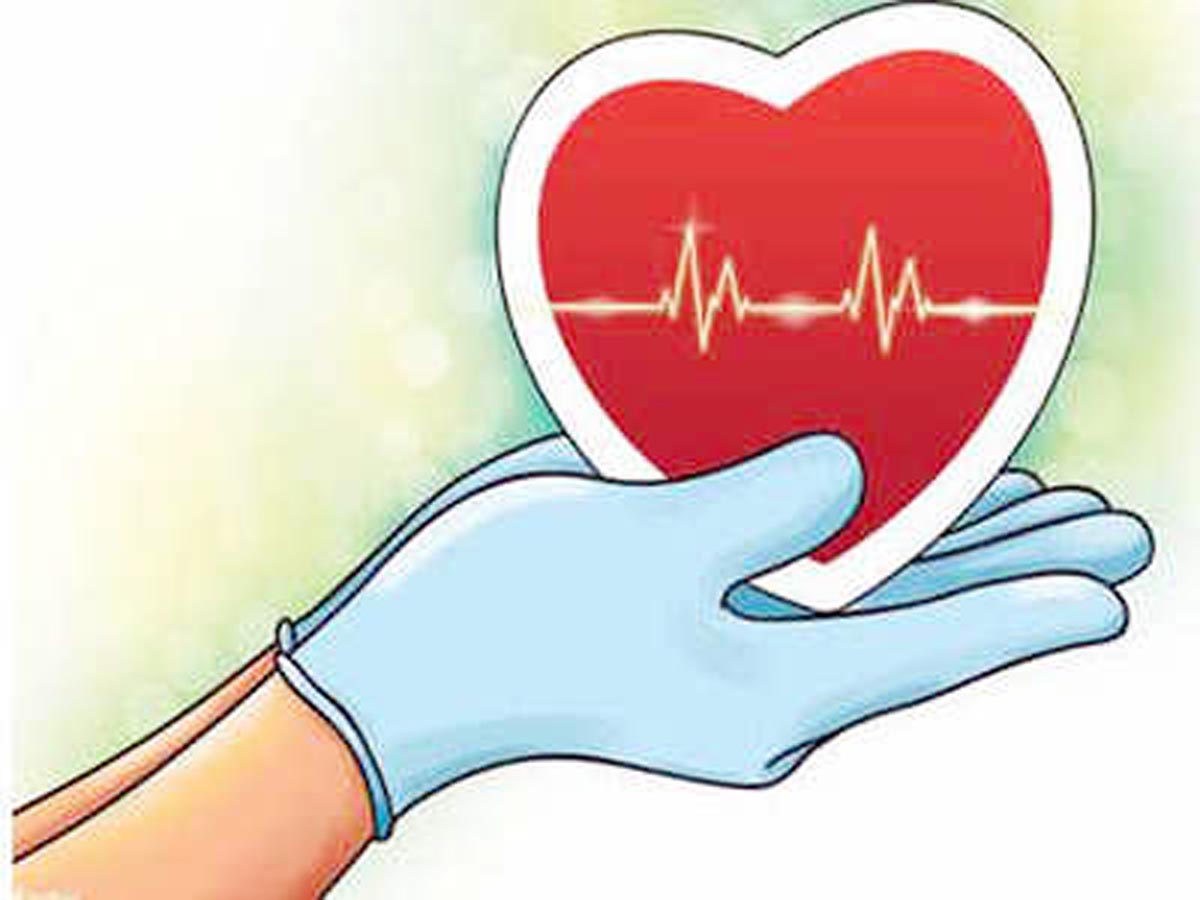NEW DELHI, Nov 21:
A Pakistani infant, who was diagnosed with a condition of a “giant heart”, received a new lease of life after undergoing an operation at a city hospital, doctors said Wednesday.
The 14-month old baby, having a “complex and unusual heart disease”, was recently operated at the Sir Ganga Ram Hospital (SGRH) in Delhi.
The baby, a native of Pakistan, was brought to the hospital with an inability to feed properly and was having recurrent chest infections and every crawling movement was interrupted due to breathlessness, the hospital authorities said.
“He was not able to grow, weighing only 6.5 kg at the time of admission,” the SGRH said in a statement.
According to Neeraj Aggarwal, Paediatric Cardiologist at the hopsital, “Detailed work revealed that left-sided blood receiving chamber of the heart (left atrium) was hugely dilated, four times the expected size (called ‘Giant Left Atrium’), which was pressing on the nearby airway structures in the chest.”
“Also there was a large hole between the lower chambers of heart (called ventricular septal defect), and left-sided valve was leaking,” he said.
According to the hospital authorities, the volume of left atrium (LA) was 87 ml, while normal volume is 12-20 ml in children.
They claimed it was the “largest LA” reported with respect to that age. This case study has been accepted for publication in ‘The Annals of Thoracic Surgery’, the hospital said.
“It was a complex and challenging surgery, because to the best of our knowledge, only a few cases of GLA have been reported in children, aged below two years. According to available reports, this was the largest size of left atrium for the age reported in world literature,” said Raja Joshi, Chairman, Paediatric Cardiac Surgery at the SGRH.
The patient was extubated in the operating room itself by the anaesthesia team headed and discharged on the seventh post-operative day. According to Mridul Aggarwal, Paediatric Cardiologist at the SGRH, “Giant Left Atrium (GLA) is a rare entity in paediatric population but carries a significant mortality risk.” (PTI)
Trending Now
E-Paper


